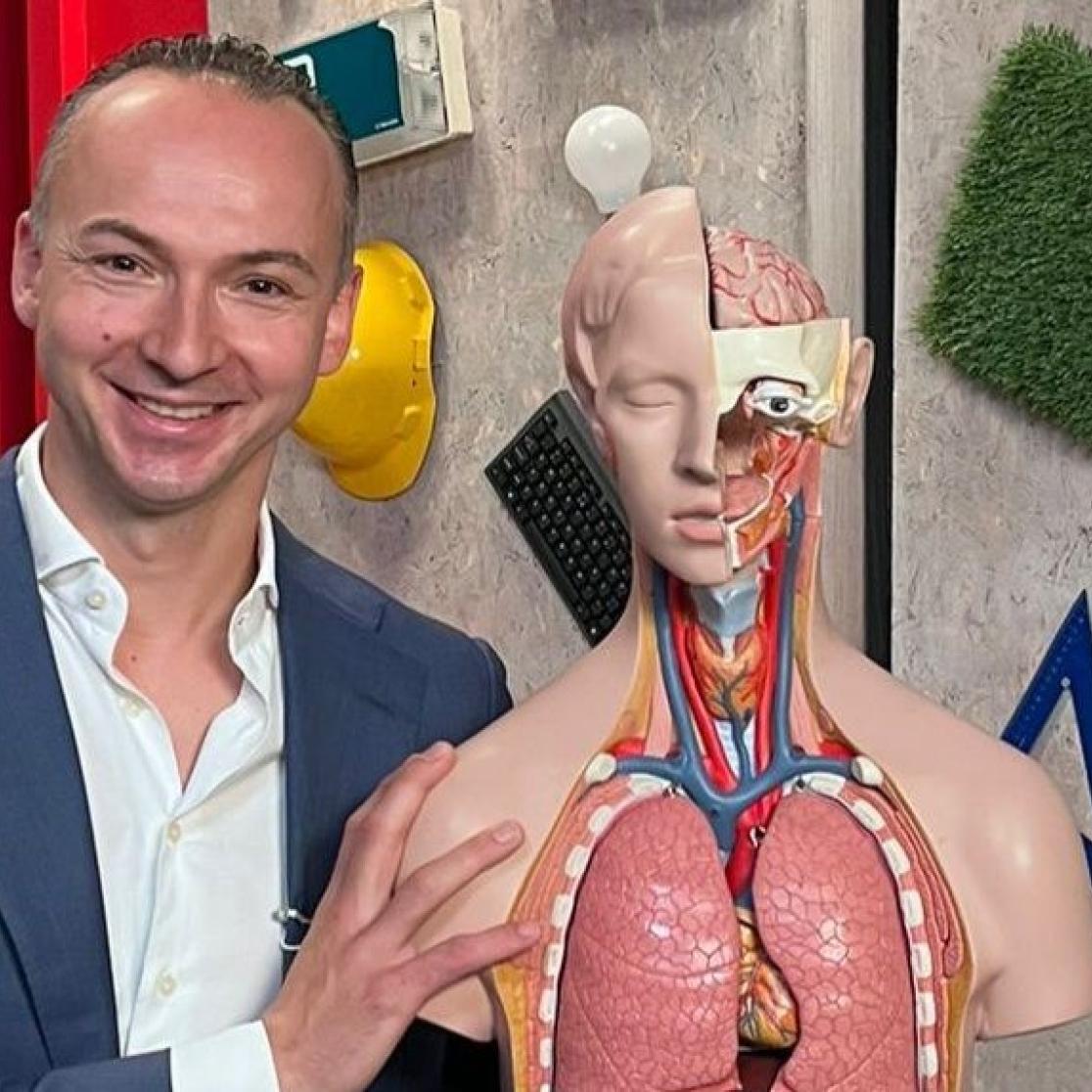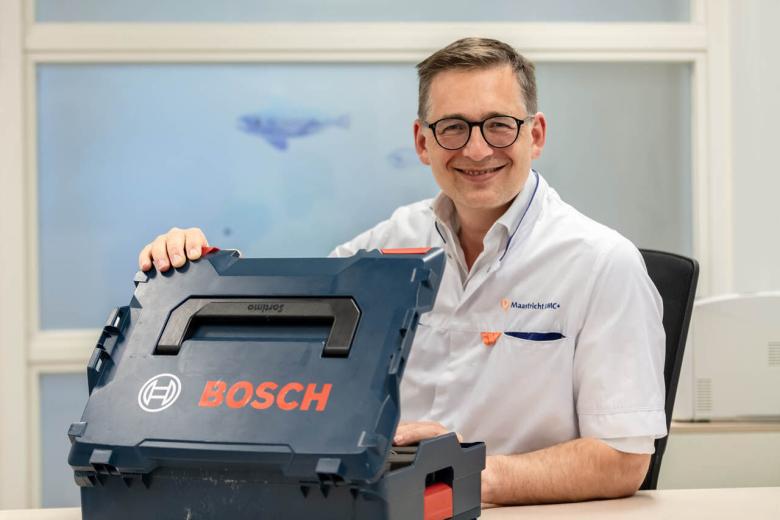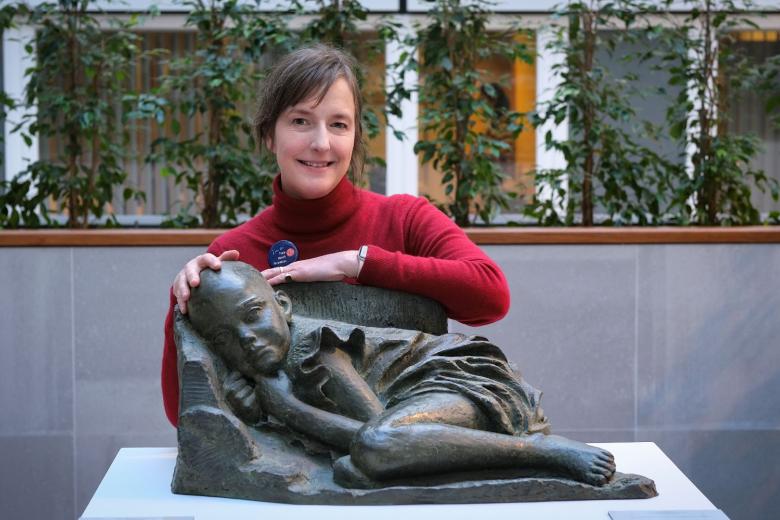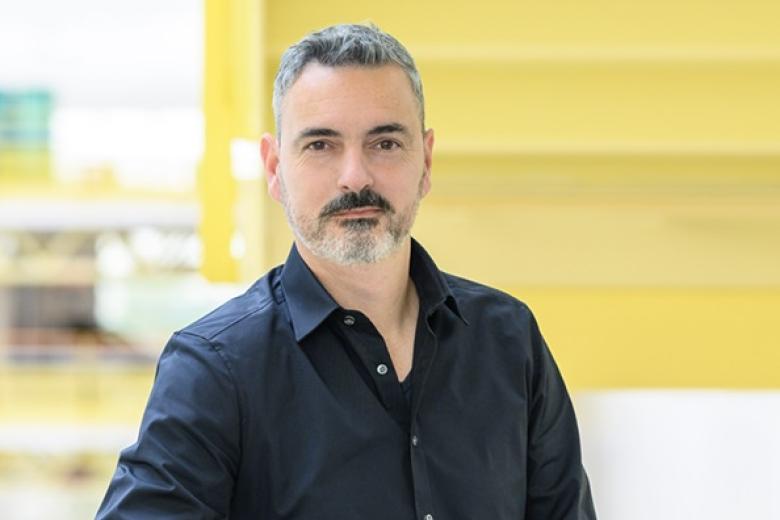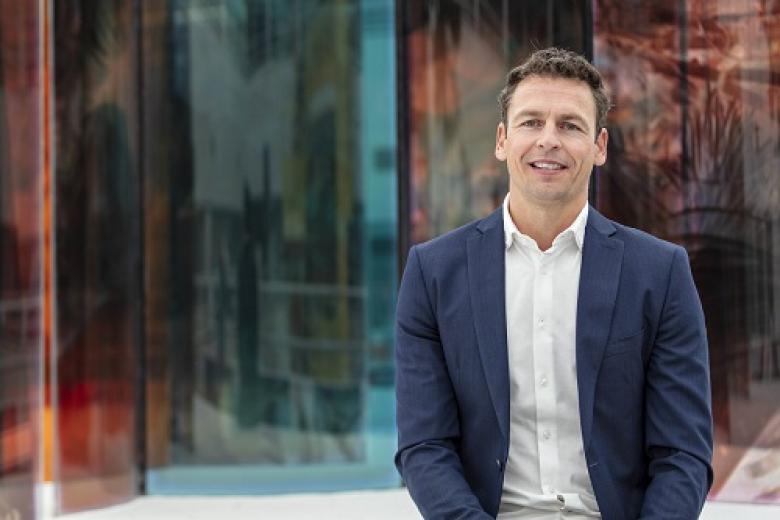NUTRIM science stories
NUTRIM Research Stories offer an inside look at how our interdisciplinary teams are translating scientific knowledge into real-world health solutions. Discover the latest breakthroughs and impactful projects from the NUTRIM Institute of Nutrition and Translational Research in Metabolism.
Video impact stories - NUTRIM’s contribution to health in the region and beyond
Together with regional broadcaster L1, NUTRIM created a five-part video series offering an exclusive look behind the scenes of our research into nutrition, metabolism, and exercise—conducted in close collaboration with MUMC+. NUTRIM conducts innovative research to develop new solutions for health conditions and other challenging health issues. Discover how our scientists, PhD students, and patients join forces to develop better diagnostics, treatments and care. From digital health innovations to promoting prevention and vitality, these stories highlight the impact of our research within Limburg and beyond.
NUTRIM - L1 video series
Listening to lung attacks with a COPD voice app
What if you could predict lung attacks... by listening to your voice? Researchers Rosanne Beijers, pulmonologist Sami Simons, and physician-researcher Lauren Reinders (MUMC+) show how an innovative voice analysis app is changing COPD care.
Combining newest digital technology such as a voice app, with personalized care, this method could transform COPD care for patients everywhere. COPD patients supported by treating these attacks and their effects on the whole body with smart nutritional care.
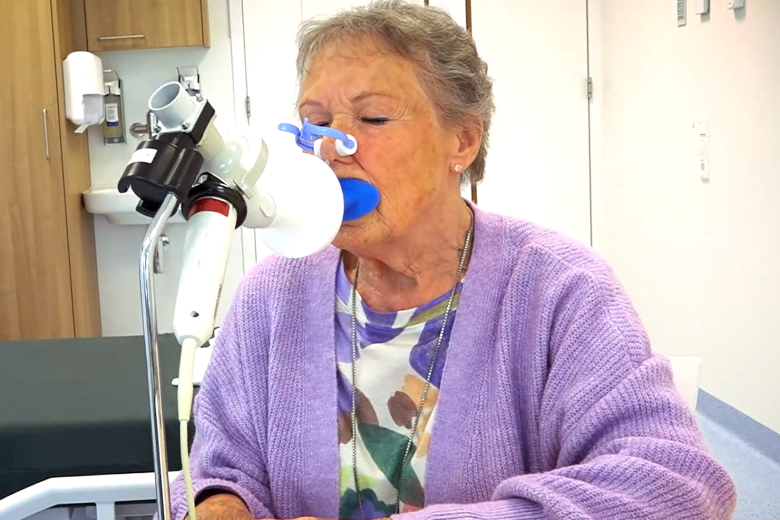
SUPERFIT: promoting a healthy lifestyle
The goal and research focus of Sanne Gerards is preventing childhood obesity by encouraging healthy habits for toddlers from an early age on. SUPERFIT promotes exercise and healthy eating in young children (aged 2-4) and combines efforts at daycare, at home, and in the community.
Eighty childcare locations in Limburg use the SuperFIT method to start healthy habits early. Explore coach Niki Jehoel, and educational professional Moniek Wattel at the Toermalijn daycare center, shows how it’s done in practice.
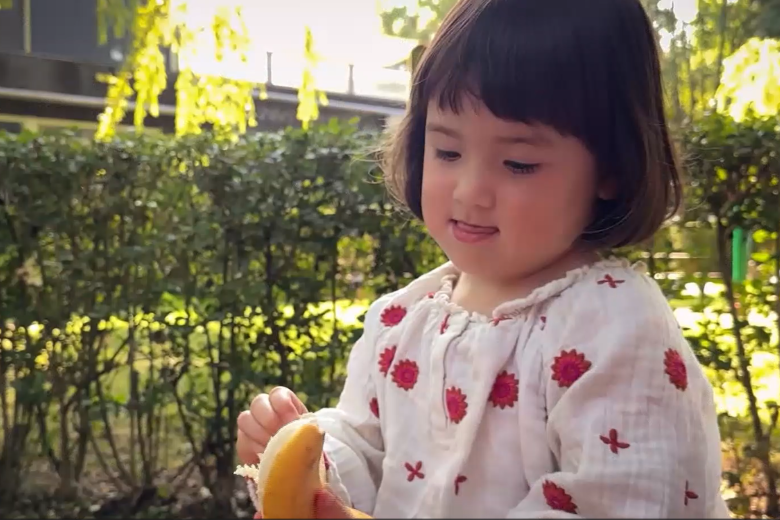
How the gut communicates with your brain?!
Zlatan Mujagic, Fleur Veldman and Kimberley Hawinkels explain how the gut talks to the brain. Using innovative methods, like dexascan and special stomach-to-ear measurements, they explore how signals move along the vagus nerve.
Where does abdominal pain come from, shining a light on the brain-gut axis? What is Irritable Bowel Syndrome and why it’s so much more than just a gut problem? Understanding these connections opens new doors for better treatments and healthier lives
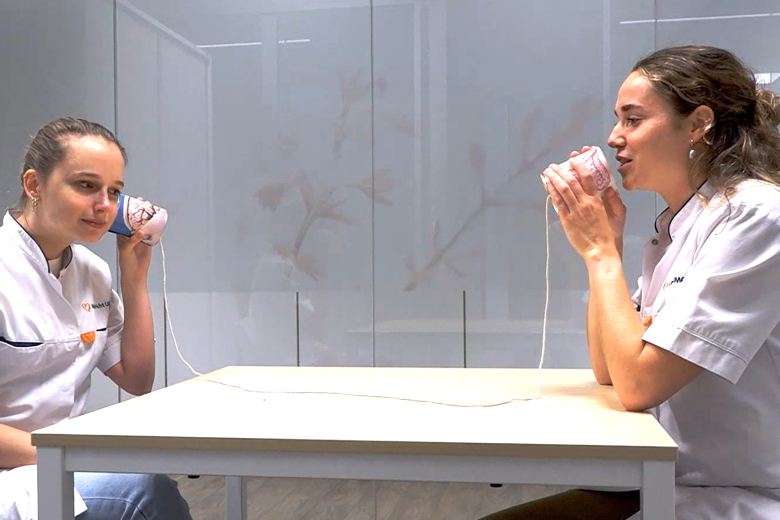
Unhealthy belly fat in obesity and a personalized approach
Obesity is complex and varies from person to person. Excess fat tissue is not just a storage site but an organ that, when dysfunctional, contributes to serious health issues like diabetes, cardiovascular disease, and even cancer. Professor Gijs Goossens researches how fat tissue and tools like DEXA scans can provide deep insights into obesity’s causes and effects.
Understanding the unique biology behind each individual’s obesity leads to effective treatment and a more personalized approach. Obesity rates are high, this tailored strategy could transform how we prevent and treat obesity for better health and wellbeing.
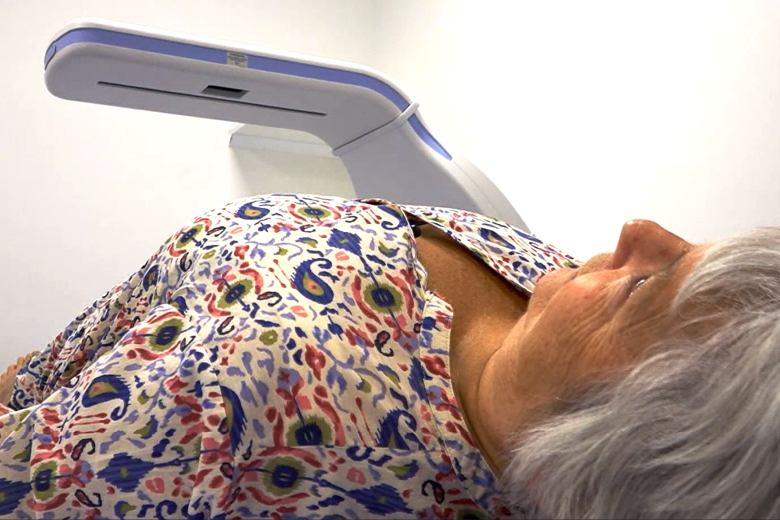
Prehabilitation, how to prepare patients better for surgery?
At Maastricht UMC+ and NUTRIM, researchers and clinicians are joining forces on prehabilitation. By supporting patients to become physically and mentally fitter before their operation. This approach, called pre-revalidation, prevents, improves recovery, reduces complications, and sets a healthier trajectory for life after surgery.
Marcel den Dulk, Lis Hoeijmakers and Bart Bongers show their work in the Clinical Research Unit. Targeted lifestyle coaching, exercise and nutritional support can change surgical outcomes for patients with cancer, with teamwork and personalized care.
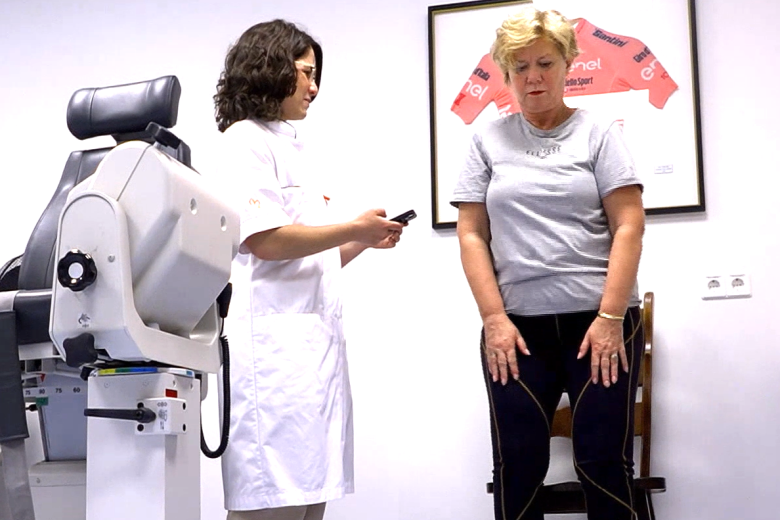
Science stories, how we perform research
Invisible protectors: how bacteria from nature can prevent allergies
More infants in the Netherlands develop allergies like asthma and eczema. Research shows that while playing outdoors, infants ingest soil, full of beneficial bacteria?
Niels van Best explains his research on how bacteria from nature can strengthen the immune system of young infants.
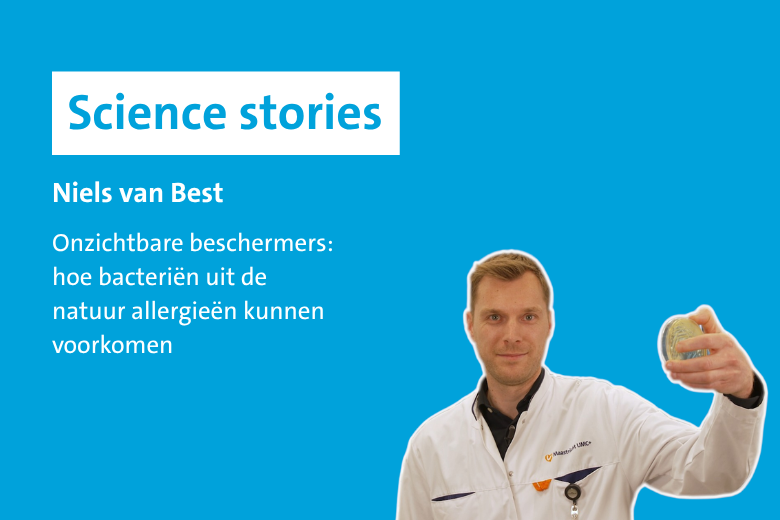
How to prevent muscle loss in the ICU
People who have been admitted to the Intensive Care Unit (ICU) for a while lose a significant amount of muscle mass and, consequently, muscle strength.
Julia Bels studies how nutrition can help ICU patients in preserving and strengthening their muscles.
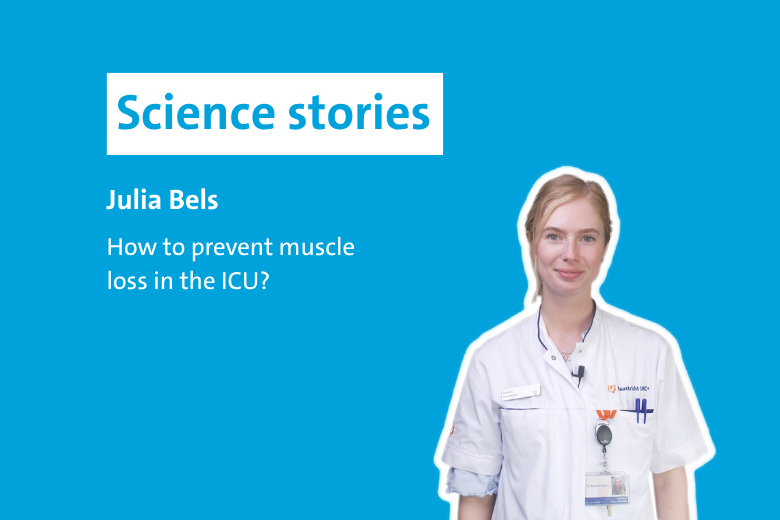
Discover more NUTRIM research stories
- How psychological stress leads to intestinal inflammation - Dr. Zlatan Mujagic
